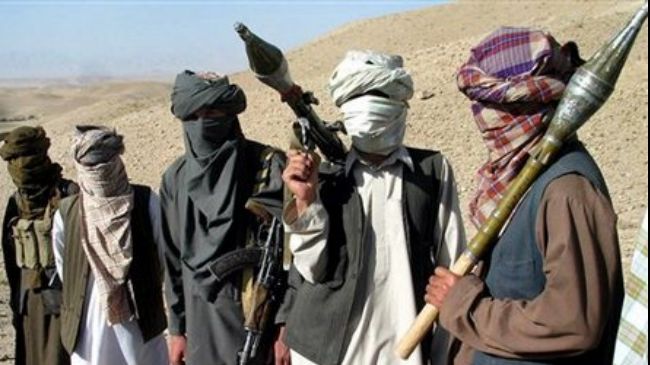Recent visit of the Taliban delegation to Islamabad has raised many eyebrows in the international community. The delegation comprised of key Taliban leaders including Maulvi Shahabuddin, Mullah Jan Mohammad Madani, and Mullah Abdul Salam visited Islamabad to brief Pakistani officials on the talks held between Afghan government and the insurgent group in Doha. A few days ago, the National Directorate of Security chief Massoum Stanekzai held a round of talks with representatives of the Taliban in Qatar which was also attended by a senior US diplomat. The details have not been made public by the two parties. But there are speculations that Afghan government urged the militant group to take peace deal with Hezb-e-Islami as a precedent and renounce violence. The group was also assured that its reasonable demands would be met such as removal of its leaders’ names from the terror list.
Surprisingly, the Qatar talks were not attended by Pakistani diplomats. It was viewed as a positive sign by many security analysts, suggesting that the Taliban are alienating from Pakistan. They hoped that direct talks, as in the case of Hezb-e-Islami, would produce the desired results. However, the Taliban’s visit to the neighboring country had created suspicions in Kabul. The visit indicates that the militant outfit is heavily relying on Pakistan in the decision making process. Since it is clear the Taliban are dependent on the advice and decisions of Pakistan, therefore, Islamabad shall put pressure on the insurgents to renounce violence and actively participate in the Afghan-owned reconciliation drive to put an end to the decades old conflict.
Statement of Adviser to Nawaz Sharif on Foreign Affairs that his country does not support any particular group in Afghanistan is welcoming but Pakistan should translate it in actions. Sartaj Aziz said that his country has no favorites in Afghanistan, and would follow the priorities set by the unity government in Kabul to pursue peace in the war-hit country. Afghans are hearing such remarks for the past over 14 years. These statements failed to improve Afghan-Pak relations. How can they improve ties between the two countries when the words are not backed by actions? Pakistani leaders have also claimed that enemies of Kabul are Islamabad’s enemies. But, anti-Afghanistan forces are living in Pakistan. Recent arrest of three Taliban leaders by Pakistani officials is worth appreciation. However, it should not be ceased or limited to only a few, especially those who are pro-peace.
There is no second opinion that only sincere efforts would improve relations between Kabul and Islamabad. To earn trust of Afghanistan, the neighboring country should deliver on the pledges. Pakistan shall take advantage of the only opportunity knocking on its doors by putting pressure on the Taliban to engage in direct talks with Afghan government. If the militant organization is not ready to renounce violence, Pakistan authorities should launch crackdown against them. Otherwise, receiving Taliban delegates in Islamabad will mean direct interference in internal affairs of Afghanistan which would further harm ties between the two countries.
 Afghanistan Times
Afghanistan Times




